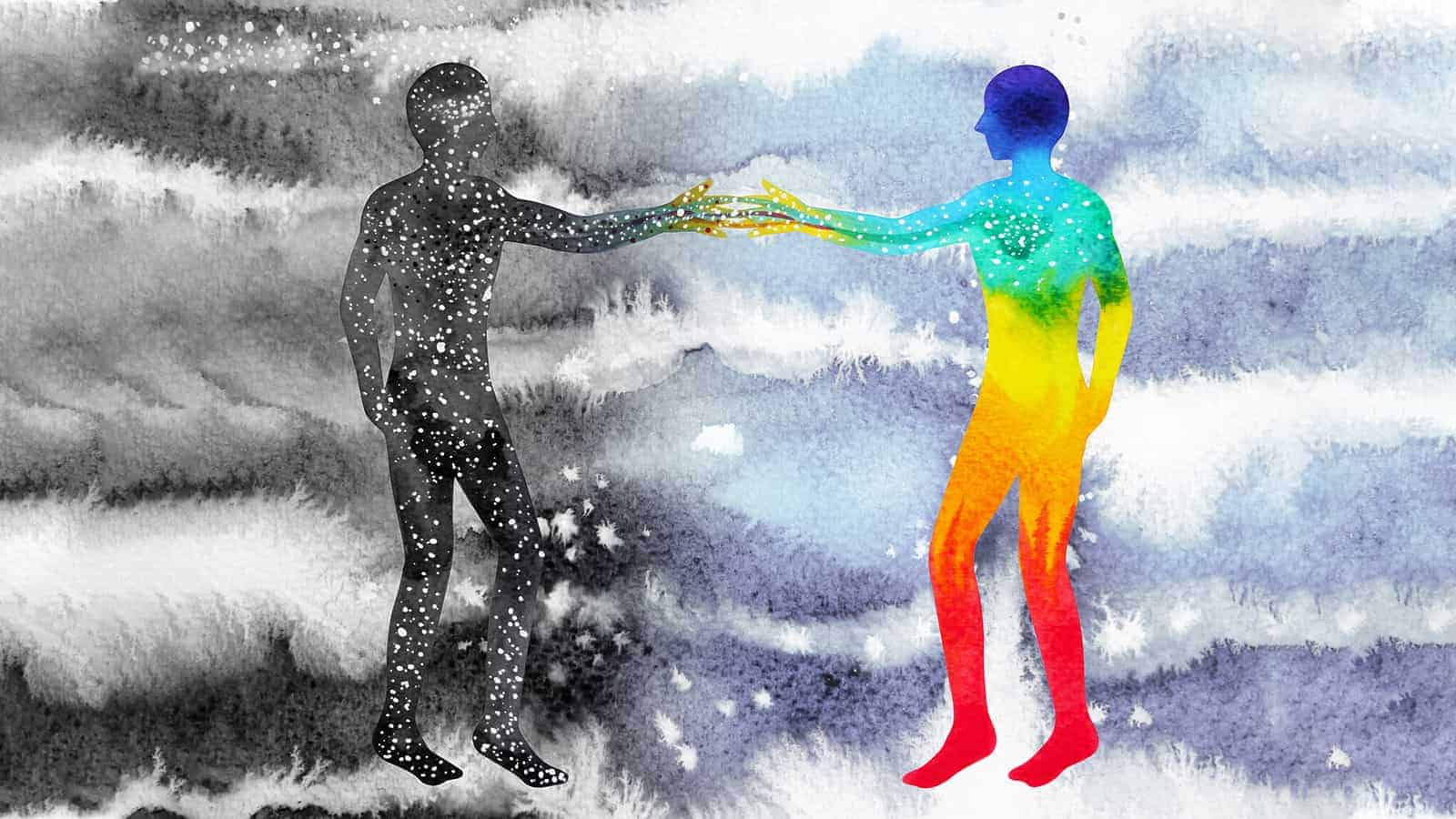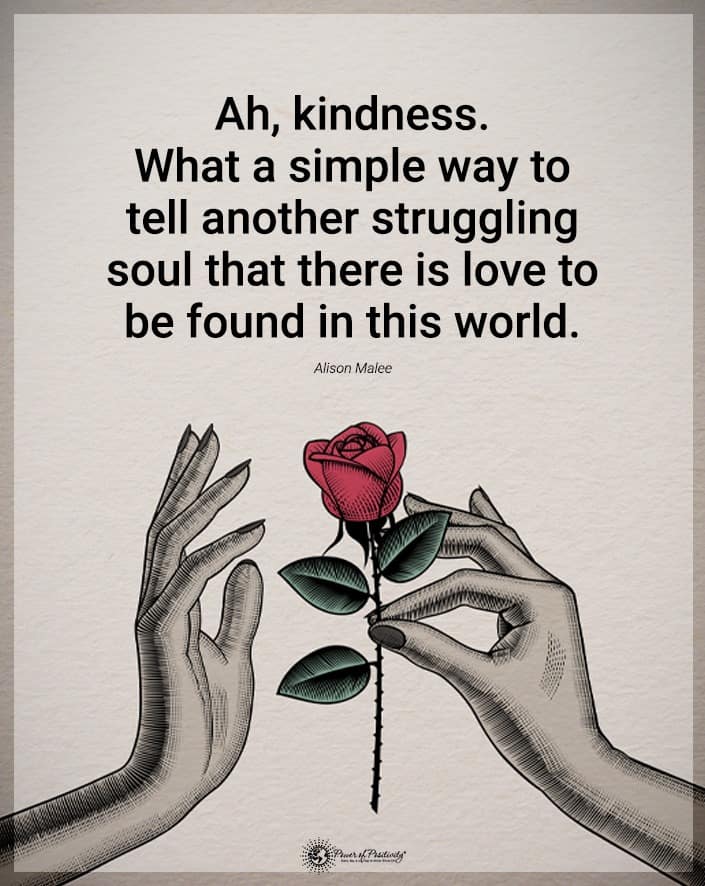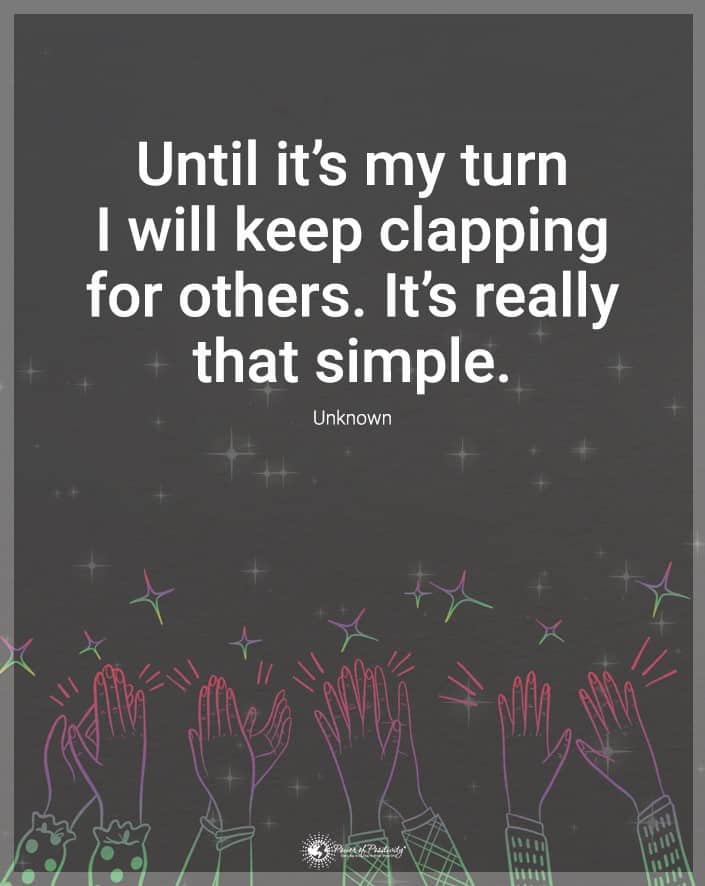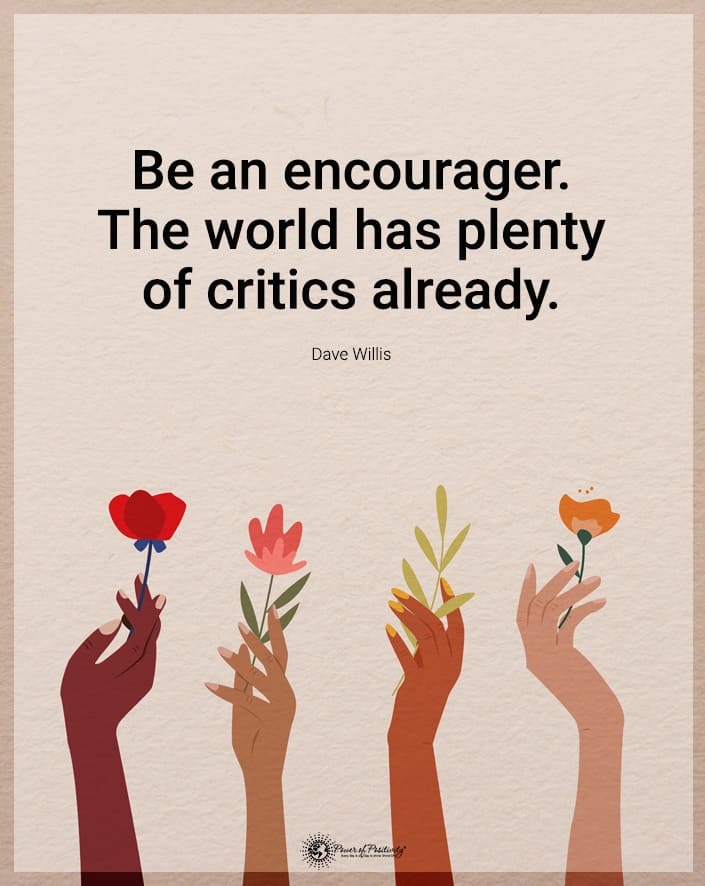Do you ever feel like generosity is a one-way street? Have you ever wondered if you’re giving up too much without seeing any practical benefits? Even though generosity is a selfless concept, it can be suffocating to give and give in this day and age. Thus, you might lose time to work on yourself.
But what if generosity could help you on your journey towards inner growth? Can you still be selfless while bettering yourself? Read on to find out what are the five ways in which generosity can help with inner development.
What Does Generosity Mean In Today’s World?
Throughout history, generosity has been viewed as a “special” trait, something only “higher quality” practiced. It was not seen as an obligation in society – unlike, say, not stealing. Instead, it is an ideal towards which people should aspire.
Today, this idea has changed. People tend to view generosity as the virtue of giving freely and abundantly, as something that weighs moral worth.
To be socially accepted, people struggle to give as much as humanly possible without understanding how it can benefit them. But generosity, if viewed through the correct lens, has many practical benefits for the giver. If you allow yourself to flourish through this moral virtue, you’ll find that the act of giving can be just as beneficial to you, the giver, as it is to the receiver.
But when and how should you be generous?
It turns out that the first step to becoming a more generous person is to fill your mind with positive thoughts. Research has shown that positive emotions, like gratitude and joy, make you more likely to become a giver. Contrary to older beliefs, people are hardwired to be generous. The only obstacle is the “thinking part” of your brain. Instead of following your instincts, you often come up with “logical” reasons not to give.
Well-being expert Tchiki Davis, Ph.D., suggests that you acknowledge the fear of not having enough after you give, understand that small gestures won’t hurt you materially, and take small steps towards generosity, like offering small attentions to your family without having a special occasion that pushes you to do so.
Take someone out for coffee on an average Saturday. Rest assured, this friendly interaction will bring you more happiness than simply buying yourself a one and drinking it alone.
What Is Inner Growth?
In simple words, inner growth is the process through which you get to know, understand and express all aspects of your human experience. It’s the subjective experience of change in behaviors, feelings, and thoughts.
In your journey for inner growth, you will have to develop who you are on the inside. Anything, from letting go of evil thoughts and meaningless criticisms to being kinder to yourself, all the way to strengthening your morals, is part of the road.
Research shows that the concept of inner growth, whether achieved individually or through the help of an institution, culture, or other people, forms the basic foundation of one’s way of being and living.
Looking inward and developing yourself is crucial, not only for your happiness but also for others. If you can better the way you are and the way you treat yourself, you will be in a much happier place from which you will be able to give back so much more than you could before.
5 Ways Generosity Can Help You With Inner Growth
Here are five ways in which being generous can help you grow into your best self.
1. Generosity Is Linked To Better Mental Health
The core aspect of your journey towards personal development is a healthy mind. If you don’t have a good foundation from which to start, how will you ever be able to embark on a self-help adventure?
Research at Berkley compiled data from different studies supporting this theory. They looked into a meta-analysis of 37 studies of adults and found that those who choose to give on their own accord reported more significant quality of life. Another study found that those who help others frequently reported feeling greater vitality and self-esteem.
Interestingly, generosity is associated with the brain’s amygdala (the brain structure that processes emotion). The amygdala has increased activity in times of anxiety. Studies have shown that the act of giving diminishes the activity of the amygdala, thus reducing stress and anxiety.
Generosity has been found to make people feel a sense of purpose. Just like Aristotle said, fulfillment is achieved “by loving rather than being loved.” We can extrapolate this when it comes to the concept of giving. You will always feel more fulfillment when giving a needy person money to buy a meal, rather than when you use that money to buy yourself some gimmick you don’t even need. Studies have found that people who engage in altruistic behaviors report a higher sense of meaning.
Not only that but engaging in prosocial actions (like giving) helps us meet our most basic psychological needs:
- Autonomy
- Competence
- Relatedness.
So, next time you have the opportunity to give, remember: if you do it freely because you desire to give, you will also do yourself a service.
2. Generosity Makes You Physically Healthier
It seems hard to believe. A social act like generosity linked with physical health? It simply can’t be possible! Or can it?
Research conducted in 2013 has found that generosity and volunteering can help lower your blood pressure by as much as 40%. Not only that, but it was found that when teenagers are motivated to volunteer or otherwise support their communities, they tend to have lower levels of cholesterol, inflammation, and lower BMI after a few months, compared to a control group.
Overall, it might not seem like much, but the direct health benefits coupled with reduced stress levels are vital for your body. Not to mention that inner growth is directly related to having the best vessel you can to start actively working on your outlook on life. The healthier you get physically, the more time and energy you’ll be able to start changing who you are on the inside effectively. Thus, your self-awareness may help you grow in personal health.
3. Being Generous Improves Your Relationships
The act of giving creates a link between the giver and the receiver. The receiver feels gratitude, and the giver feels compassion. Thus, when you give, not only do people feel closer to you, but you also feel closer to them, according to Jason Marsh and Jill Suttie, Psy.D., of the Greater Good Science Center.
Generosity leads to feelings of gratitude and accomplishments and can also make you a more empathetic person. When you give, you have to know the reason why the other needs your generosity. Whether you volunteer, give money to a poor person on the street, or help your family and friends, the simple act of giving makes you think about the hardships others face. This brings you closer to people and helps you explore the problems around you, thus helping you better understand the world. This can be the first step in acknowledging your problems and privileges. Besides that, it can make you be able to explore them better.
Moreover, if we were to talk about romantic relationships, they often hinge on the ability of the partners to give just as much as they take, if not more. No loving relationship can flourish unilaterally. The compassion felt in the act of giving can bring you closer to your loved one. This can help you understand what they’re going through, in turn helping you be a better partner.
4. Generosity Shifts Focus From A Self-Critical Mentality To A Positive Outlook
There’s nothing that can stifle inner growth as much as being overly self-critical. On your journey to self-discovery and personal development, you can often get stuck in negative thoughts about yourself. The first step in bettering yourself is, of course, pinpointing what about you can be improved. To accept that you have flaws can be difficult. Thankfully, being generous can help you break away from a negative state of mind.
Generosity has been shown to help us break away from the insults of our inner voice. It is quite difficult for your mind to prove you are not enough when watching someone benefit from your actions. How can you tell yourself that your flaws cannot be fixed when you see your friend smiling because you bought their favorite flowers?
Not only that, but research shows that, when you give, the sensibility you feel towards another person allows you to be more sensitive towards yourself and to give yourself more value.
By feeling like you are valuable, good enough, you will get the necessary strength to work on your flaws, discover your attributes and embark on the path towards inner growth.
5. Being Generous Develops Your Emotional Intelligence
Emotional intelligence is the ability to understand and manage emotions – your own and others’.
As we discussed, generosity makes you feel more in tune with other people and their needs. Thus, this kindness allowing you to better empathize with them. But, by understanding how and why others feel the way they think and what hardships they face, you become better acquainted with emotions in general. You develop your emotional intelligence by facing a vast range of emotions every time you choose to give.
But why is this important? Because studies have linked high emotional intelligence to self-identity and happiness. In essence, it is a potential determinant of subjective satisfaction and the ability to make yourself feel good without any external help, just by being content with who you are. Thus, someone generous can reach a higher emotional intelligence level, which helps with their inner growth.
Final Thoughts On How Generosity Can Help With Inner Growth
It’s perfectly normal to feel like being generous is just too much sometimes. It’s also human to feel like you are stuck and don’t know how to develop yourself. But giving can be the first step, the incentive you need to take a leap in the dark and get to know who you are and how to become better.
By allowing yourself to feel compassion and understand what others think and need, you will create better connections, improve your mental and physical health, conquer self-criticism, and become happier overall.
So, next time you want to get a coffee, invite a friend and get them one too!

















 Community
Community

